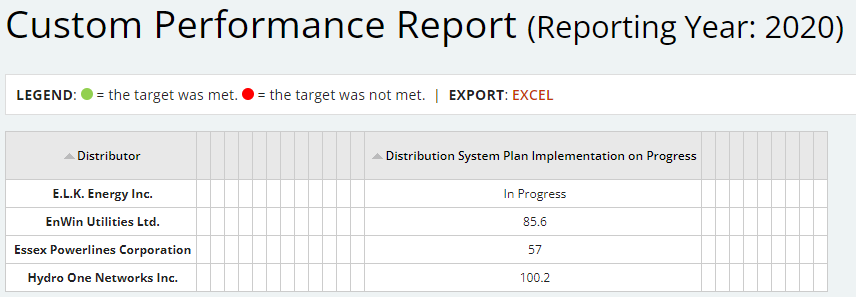I wish to write an open letter to E.L.K. Employees due to recent media events.
I have the utmost respect for the frontline workers at E.L.K. who work hard every day to keep our power on. In the fall of 2021, I had a meeting with the new members of E.L.K. management. It was a great meeting and I believe the members of the new management team are doing everything they can to bring the utility into the 21st Century.
I have spent many hours reading and researching this file, and in 2018-2019, I brought concerns forward as a Board member at the time. I believe we need to revisit how the board is selected and select members based on qualifications, not politics. Management has come and gone but many of the Board members have remained in place for over a decade. At some point the Board must be accountable to the Shareholder that appoints them. In my opinion, there is no reason that E.L.K board meetings should continue behind closed doors. The Town of Essex is the sole Shareholder of the utility and we need answers to our questions. If we do not receive satisfactory answers or are unable to ask hard questions, then why are we in the electricity business?
Since then, I have done further research on how the Board composition should be made up:
“The OEB believes that good governance is a significant contributor to excellence in utility
performance and an important indicator of a utility’s ability to achieve expected outcomes
valued by customers. By identifying best practices and implementing new reporting and record
keeping requirements in key areas of utility governance, the OEB expects to encourage more
robust practices throughout the sector. This in turn will strengthen management accountability,
enhance overall utility performance, and improve outcomes for consumers.“
Best Practices:
“The role of the board of directors, including oversight and stewardship of strategic
direction;
-The composition of the board, including the qualifications, skills and experience of
directors to support the strategic, operational, financial, legal, regulatory, human
resources, information technology, customer service and other oversight responsibilities
of the board;
The unique challenges of corporate governance in a municipal shareholder
environment, including conflicts of interest and the skills and professional experience of
board members to oversee and govern a utility;
-Utility board committee structure and roles and responsibilities;
– Strategic planning requirements, including requirements for utility board engagement;
and
– Risk governance and enterprise risk.”
Read the Full Report of the Board here:
https://www.oeb.ca/sites/default/files/report-of-the-board-corporate-governance-20181220.pdf
